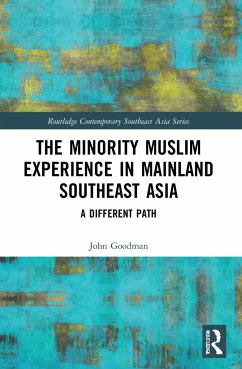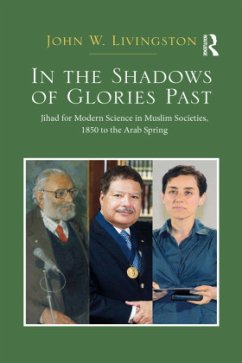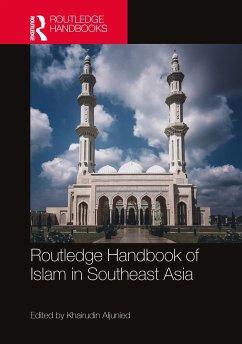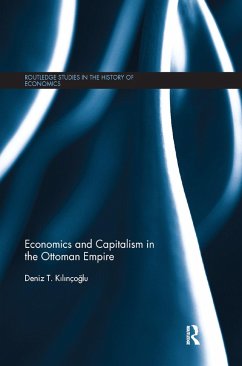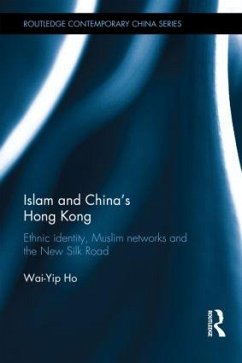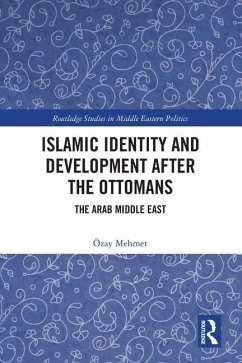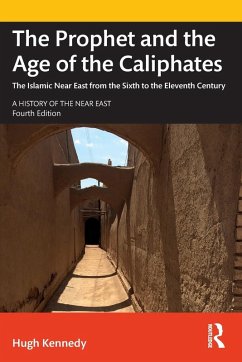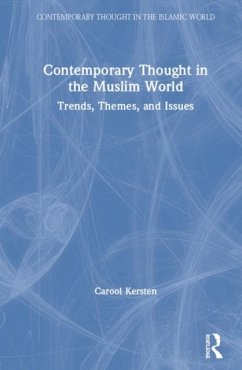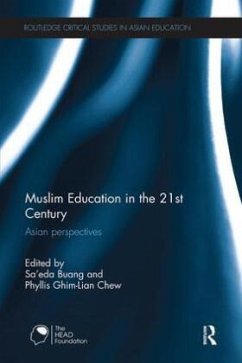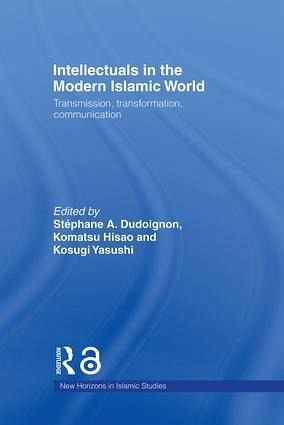
Intellectuals in the Modern Islamic World
Transmission, Transformation and Communication
Herausgegeben: Dudoignon, Stephane A.; Hisao, Komatsu; Yasushi, Kosugi
Versandkostenfrei!
Versandfertig in 6-10 Tagen
170,99 €
inkl. MwSt.
Weitere Ausgaben:

PAYBACK Punkte
85 °P sammeln!
Incorporating a rich series of case-studies covering a range of geographical areas, this collection of essays examines the history of modern intellectuals in the Islamic world throughout the twentieth century. The contributors reassess the typology and history of various scholars, providing significant diachronic analysis of the different forms of communication, learning, and authority. While each chapter presents a separate regional case, with an historically and geographically different background, the volume discloses commonalities, similarities and intellectual echoes through its comparati...
Incorporating a rich series of case-studies covering a range of geographical areas, this collection of essays examines the history of modern intellectuals in the Islamic world throughout the twentieth century. The contributors reassess the typology and history of various scholars, providing significant diachronic analysis of the different forms of communication, learning, and authority. While each chapter presents a separate regional case, with an historically and geographically different background, the volume discloses commonalities, similarities and intellectual echoes through its comparative approach.
Consisting of two parts, the volume focuses first on al-Manar, the influential journal published between 1898 and 1935 that inspired much imagination and arguments among local intelligentsias all over the Islamic world. The second part discusses the formation, transmission and transformation of learning and authority, from the Middle East to Central and Southeast Asia.
Constituting a milestone in comparative studies of the modern Islamic world, this book highlights the range of and transformation in the role of intellectuals in Islamic societies.
Consisting of two parts, the volume focuses first on al-Manar, the influential journal published between 1898 and 1935 that inspired much imagination and arguments among local intelligentsias all over the Islamic world. The second part discusses the formation, transmission and transformation of learning and authority, from the Middle East to Central and Southeast Asia.
Constituting a milestone in comparative studies of the modern Islamic world, this book highlights the range of and transformation in the role of intellectuals in Islamic societies.




